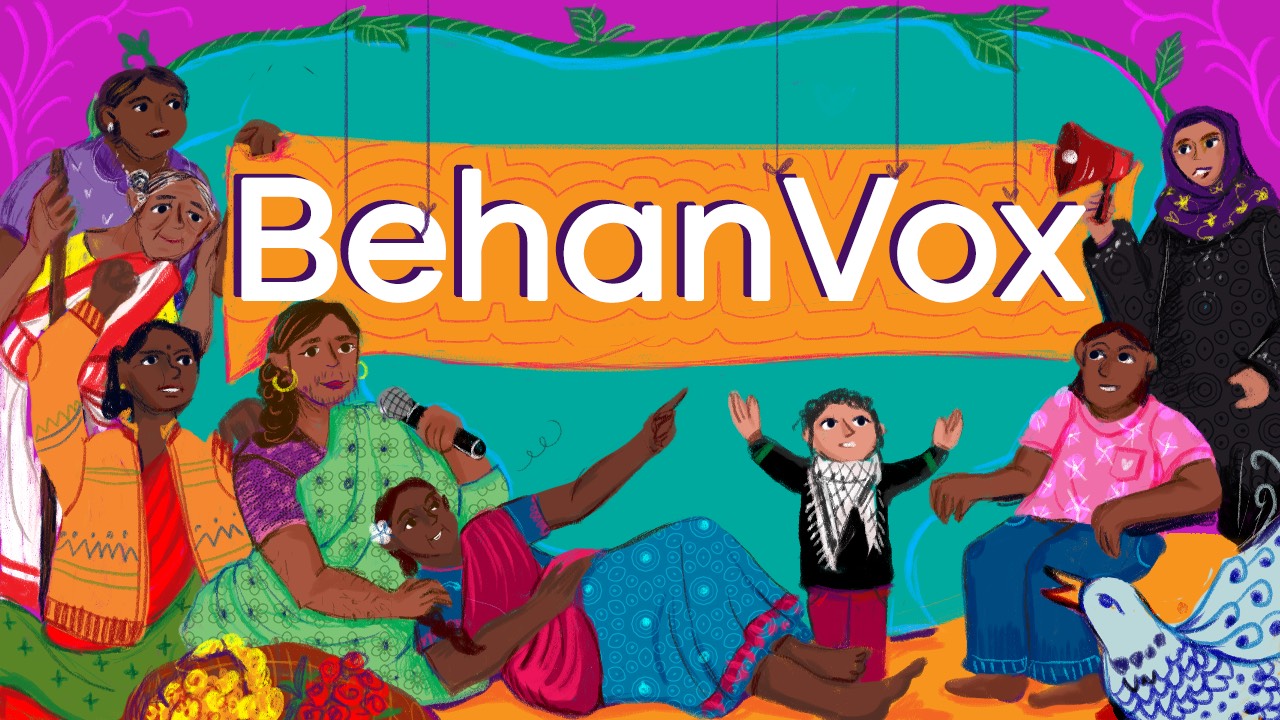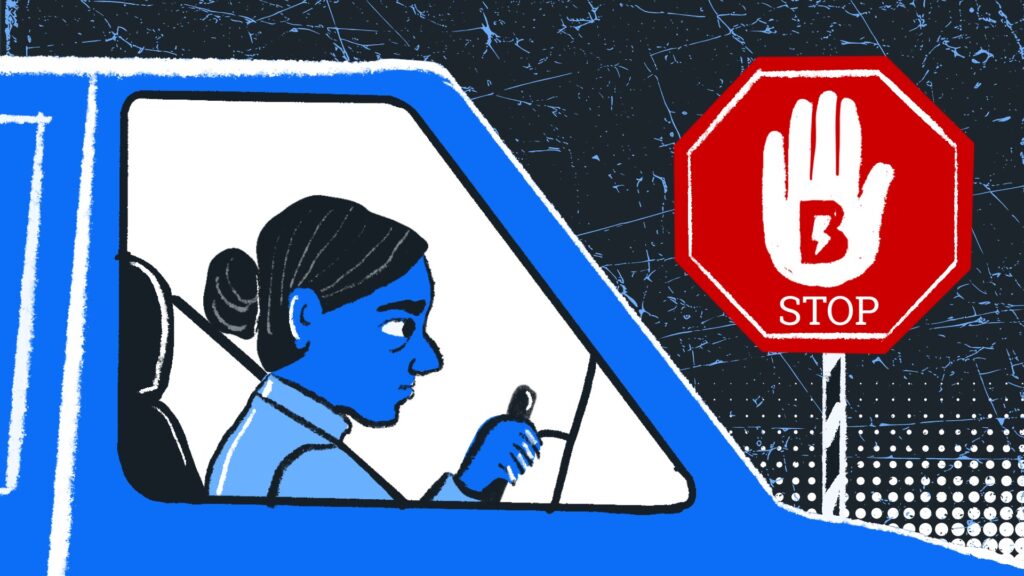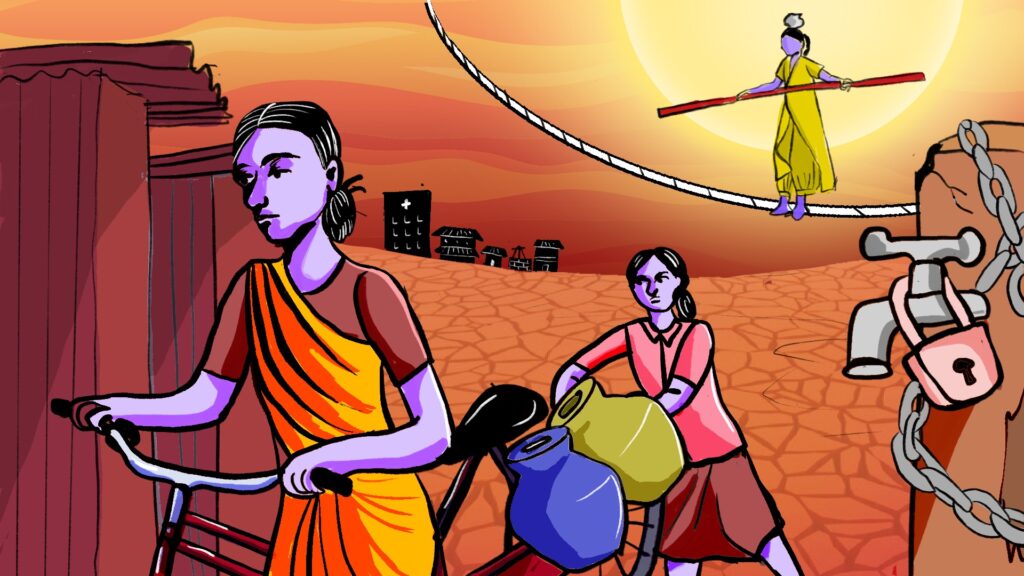Dream Disrupted: For women like Ambika who sought a driver’s job in the burgeoning ride hailing sector, BluSmart had appeared to be a much better choice than Ola and Uber. For one there was more money, the shifts were flexible and rides were ordered and fixed in advance giving the job a certain predictability. More importantly, you did not need to invest in a personal vehicle, an expensive proposition beyond many women, and the company was willing to invest in teaching you driving skills. BluSmart seemed to understand the material and cultural barriers women face in the mobility business, and offered logistical, technical and financial support to offset them.
It was a dream ride for women like her from families with few means – a window to financial autonomy, security and mobility. But it all came crashing down about a month ago, when the Securities and Exchange Board of India found Blusmart’s cofounders guilty of using Gensol Engineering, another company they promoted, as a “personal piggy bank”.
The dismissal had been abrupt. Drivers were asked to immediately return their vehicles to their station hubs and have since remained unemployed and unpaid. Any request for information about their futures, they say, is met with either silence or abuse. There are anyway few driving jobs available to women.
“Inhone humein acche acche sapne dikhaye, lekin last minute mein aakar berozgaar kar diya (they let us dream and then left us unemployed),” says Ragini, a former Blusmart driver. She was among the 50 drivers who staged a protest in Jantar Mantar earlier this month demanding clarity and compensation from the company, and sought government support.
Deepa, who is the sole caretaker of her parents, says no cab company is willing to hire women drivers due to a perceived lack of skill and experience in this field. Unlike men, they do not have the means to own a car or take up an independent driving business. “Humein koi rakh nahi raha aur hum ghar par baithe hain (no one wants us so we are sitting jobless at home),” she says.
The Blusmart story is not an isolated one, it is emblematic of how privatised capital is allowed to run amok with little to no oversight in India, say experts. Then there is the precarity built within algorithm-driven platform work, about which we have reported extensively (here, here and here).
Read our story here.






